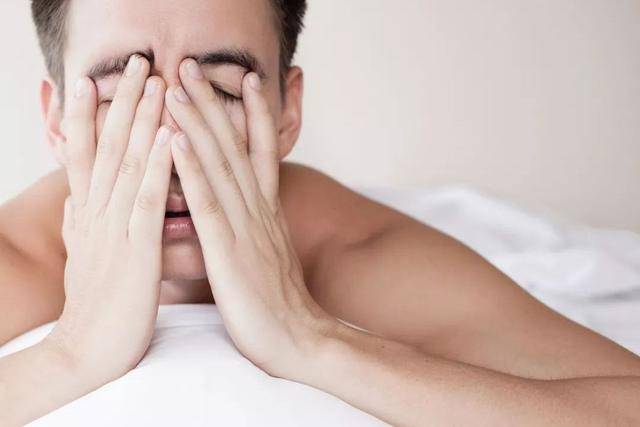Normal frequency of nocturia at night, experts: Exceed this number, and you may face two difficulties
Due to genetic factors and differences in body structure, male physical fitness is naturally stronger than females, so most males are rarely troubled by various diseases in their daily lives. This results in males dedicating most of their energy and time to work, with little attention to health and even less to body maintenance. Before the age of 40, males generally do not face any health issues. However, once they pass 40 and their bodies begin to age, various health problems start emerging. In contrast, females, being inherently fragile, pay special attention to all aspects of their daily life, leading to a higher average life expectancy compared to males.
We all know that due to their physiological characteristics, females often suffer from various gynecological inflammations. Similarly, as men age, they are prone to male health issues. The most common being prostatitis and kidney problems. Before these problems manifest, the body shows clear signs. Early detection allows timely measures to be taken for relief.
This physiological need is—urination
Every organ in our body requires water for operation. Therefore, we need to replenish our bodies with a large amount of water daily. After metabolism, most of the water is excreted from the body in the form of urine. Even while sleeping at night, the body continues its water circulation, hence the generation of urine. Therefore, nocturia is an inevitable occurrence for many people. In normal circumstances, males typically urinate no more than twice at night, occasionally exceeding this limit. However, if a man frequently urinates more than 3 times at night, reaching up to 5 times, caution is advised as this could indicate kidney or bladder issues.
Causes of nocturia
Decreased kidney function
The kidneys are essential for the body’s water balance and metabolism. When the body lacks water, it triggers thirst to remind us to hydrate. Excess water prompts water circulation in the body, accelerating kidney metabolism. The surplus water is converted into urine, which is then excreted, maintaining a stable internal water balance. Excessive nocturia in males may signal impaired kidney water balance, preventing proper water circulation and direct excretion. Therefore, prompt kidney health checks and effective adjustment measures are necessary.
Bladder muscle atrophy
Urination is a complex process. Water processed by the kidneys is stored in the bladder before being excreted. When the storage reaches a certain level, it triggers the urge to urinate. Bladder capacity varies among individuals. However, the key factor determining daily urination frequency is the strength of the bladder muscles. If frequent nocturia occurs, it could indicate bladder muscle atrophy, reducing control over urination and increasing the frequency.
How to adjust
Control water intake before sleep
Under normal circumstances, the water circulation cycle in our body is about 1 hour. Most people go to bed immediately after dinner, which usually includes a significant intake of water. As water continues to circulate during sleep, it can lead to an increase in nocturia. Therefore, it is recommended to reduce water intake as much as possible in the last hour before sleep.
Soak your feet before sleep
Soaking your feet before sleep is a good habit. It not only effectively relieves overall stress and improves sleep quality but also stimulates peripheral blood circulation in the body. Foot soaking promotes blood circulation, stimulates acupoints located on the feet—many of which are closely related to the bladder and kidneys. Thus, foot soaking can effectively enhance kidney and bladder activity.


